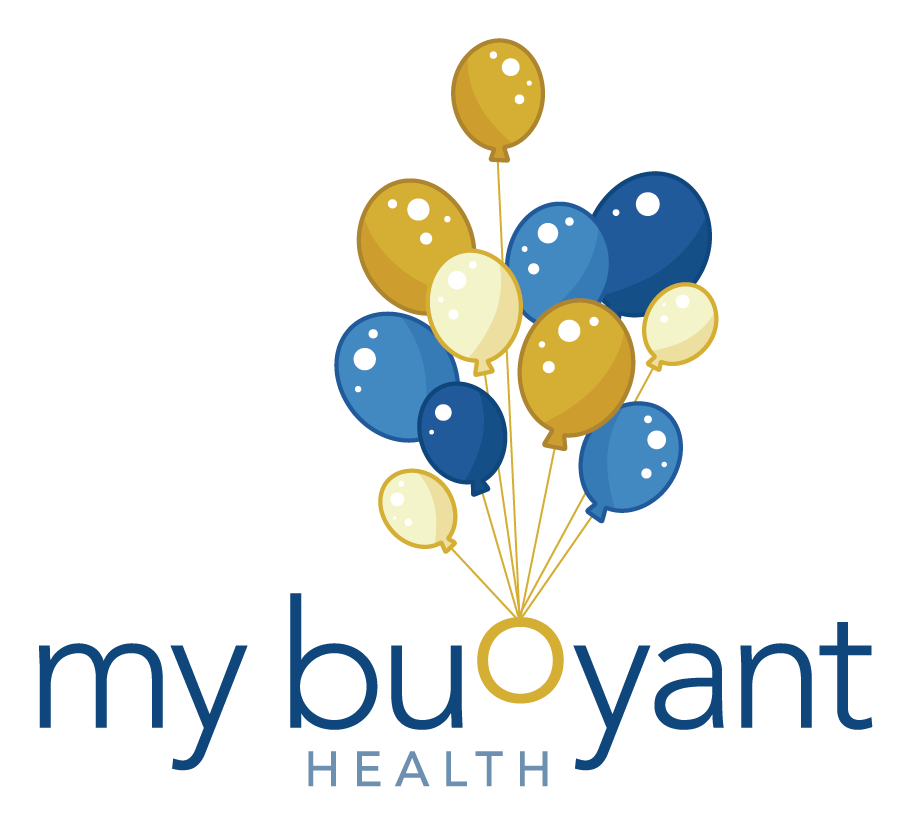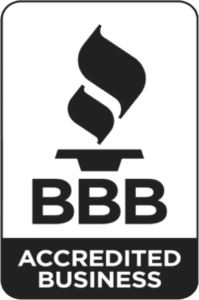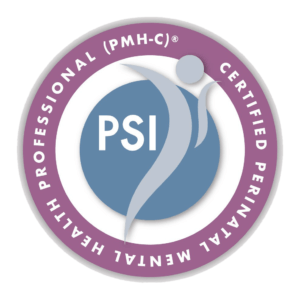
Having a baby is often painted as one of the most joyful milestones in a woman’s life—and in many ways, it truly is. From enjoying the first smiles and coos to savoring the sweet scent of a baby snuggled close, these moments are profoundly heartwarming and create memories worth cherishing forever.
However, for many new moms, the postpartum experience is far from idyllic. The days, weeks, and months following childbirth are not filled with warmth and bliss, but rather with emotional turbulence, which does not quite fit the picture-perfect narrative of being a new mom. Many women find themselves battling mood swings, low energy, irritability, and detachment that interfere with their ability to take care of themselves and their newborns. This experience is not uncommon, and it neither points to a character flaw nor signifies failure. It is a characteristic of a medical condition that requires understanding, compassion, and proper treatment. This condition is postpartum depression (PPD).
In the sections ahead, you will learn more about what postpartum depression is, as well as the importance of seeking proper care and support.
The Signs and Symptoms
It is easy to brush off emotional ups and downs as a normal part of adjusting to motherhood. After all, who would not feel overwhelmed with just three hours of sleep, juggling feedings, diaper changes, and a constantly crying baby? However, if these feelings linger and start to interfere with your daily life, it is important to recognize that something more serious may be at play.
If you are experiencing persistent sadness, intense irritability, loss of interest in things you used to enjoy, changes in appetite, trouble bonding with your baby, or feelings of worthlessness and hopelessness, take heed. These signs could be indicative of postpartum depression (PPD) and should not be ignored.
The Causes and Risk Factors
So, what causes postpartum depression? The short answer is—it is complicated. The hormonal shifts that occur after childbirth play a major role. During pregnancy, your progesterone and estrogen levels soar, only to drop drastically after childbirth. This sudden hormonal crash can lead to a decline in your serotonin levels. Serotonin is a hormone responsible for regulating your mood, appetite, and sleep.
However, your hormones are not the only factor at play. The emotional and physical demands of motherhood, the lack of spousal or social support, pregnancy complications, and even the pressure coming from other people’s unrealistic expectations about motherhood can all be contributing factors. Your genes can also play a role: if you come from a line of mental health warriors, you could be at risk.
The Treatment Options
Despite its complex nature, PPD is treatable. Treatment can vary based on the severity of your condition but may include therapy, medication, or a combination of both. Cognitive-behavioral therapy (CBT) and interpersonal therapy (IPT) are especially effective. Antidepressants, particularly selective serotonin reuptake inhibitors (SSRIs), are also commonly prescribed and can be safely used during breastfeeding in consultation with your mental healthcare provider.
In addition to professional treatment, self-care strategies can make a significant difference. Getting enough rest, eating well, exercising (even taking a short walk outside), and asking for help with baby care can all support your recovery. Consider joining support groups, which are an excellent resource for emotional support and practical advice. Sharing experiences with other new moms can help reduce feelings of isolation and give you a sense of empowerment.
A Message of Hope
Postpartum depression can make even the toughest mom question her competence, bringing on feelings of inadequacy and self-doubt. The constant pressure to be “perfect” can amplify these emotions, making her feel as though she is failing, even when she is doing her best. These feelings are not a reflection of her true abilities as a mother but are a symptom of the condition itself.
If you think you are dealing with postpartum depression, know this: you are not alone, you are not at fault, and with the right care and support, you will get better. On the hardest days, when you feel like you cannot go on, remind yourself that there is hope and the strength to keep on is already within you. The strength that you had when you brought forth life into this world is the same one that will guide you through this journey and help you find your path to healing. A mental health expert can help you tap into that strength and walk alongside you—to care for, support, and empower you—on your journey to healing.
Postpartum Depression Treatment in Phoenix, AZ
Here at My Buoyant Health, we offer compassionate, holistic, evidence-based postpartum mental health care to women in Phoenix, AZ and its surrounding communities. We believe that with expert guidance and support, mothers can rise above their challenges, navigate this transition with confidence and grace, and ultimately rediscover the joy that comes from having a deeper connection with themselves and their babies. When mothers thrive, their families thrive—and we are here to make that possible.
To book a visit with one of our mental health experts, contact us at (602) 510-6582. Alternatively, you may use this secure appointment request form.
External Sources:
- https://www.mayoclinic.org/diseases-conditions/postpartum-depression/symptoms-causes/syc-20376617
- https://my.clevelandclinic.org/health/articles/22572-serotonin
- https://www.cdc.gov/breastfeeding-special-circumstances/hcp/illnesses-conditions/postpartum-depression.html




